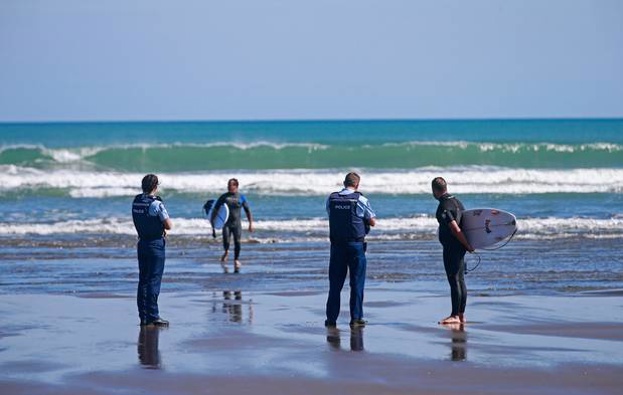Follow
the podcast on


Crown Law documents leaked to Newstalk ZB say the Government's lockdown was unenforceable.
Attorney-General David Parker, however, says the document was a draft - and "not the considered advice of Crown Law".
Kiwis' freedoms were severely curtailed by the lockdown and hundreds who breached its rules were prosecuted.
The Crown Law documents seen by Newstalk ZB say the police powers were severely limited under the first directive of director general of health Ashley Bloomfield.
Under the directive, police were charged with ensuring businesses were closed and preventing the public from congregating in public places for amusement and recreation.
However Parker insisted in a statement that the documents were not the "considered advice" of Crown Law:
"Recent speculation that the Government's legal advice had thrown doubt on the police enforcement powers under Level 4 is wrong," he said.
"That speculation is based on draft views provided to agencies for feedback. That was not the considered advice of Crown Law, which was that there was no gap in enforcement powers."
Shown the Crown Law documents, University of Otago law professor Andrew Geddis said the restrictions wouldn't allow the police to stop people from moving about and doing virtually anything, like surfing, if they weren't congregating.
"So this meant the full range of level 4 announced restrictions actually couldn't be enforced by the police - for example.
"If you came over to my house for a bottle of wine, that didn't breach the s 70(1)(m) notice (we're not congregating in a public place of amusement) and because neither of us are likely to have COVID-19, the police couldn't tell you to go home.
"The police powers under other legislation (especially the Civil Defence and Emergency Management Act) is really limited - basically, they can only be used against people who have/are suspected of having COVID-19," Professor Geddis said.
The Government's refused to release the Crown Law advice which has led, for the first time in history, the Solicitor General being summonsed to appear before a Parliamentary committee, the Covid Epidemic Response Committee, along with Bloomfield and police Commissioner Andy Coster.
The last time Coster was before the committee he confirmed he had seen the Crown Law advice but refused to say what it contained.
Ten days after the level 4 lockdown started Bloomfield issued a second directive, again under the Health Act. It effectively told everyone to stay in their houses, unless they were on essential business.
The police then issued their own guidelines on how they could enforce it.
"The key point being, between March 24 and April 3 much of the "Lockdown rules" actually had no enforceability in law - which is what Crown Law is saying, and which is why the new notice had to be issued," Professor Geddis said.
He said what's now in question is whether that April 3 notice is lawful and whether
Bloomfield had the power to issue it.
That is now being tested by a judicial review in the High Court.
Take your Radio, Podcasts and Music with you









